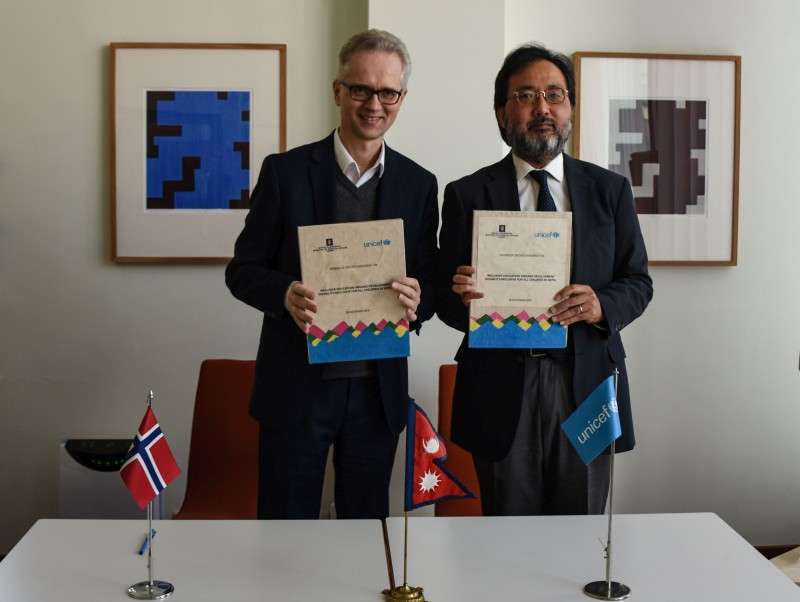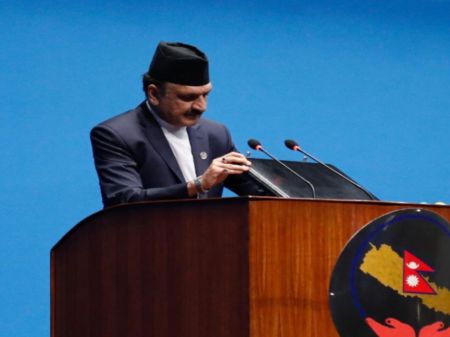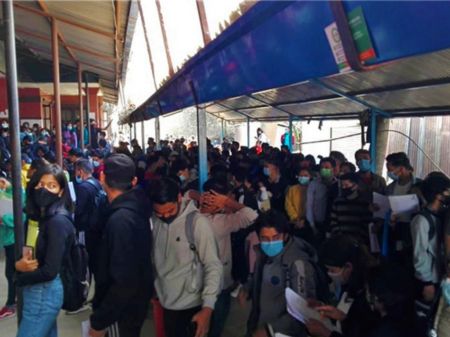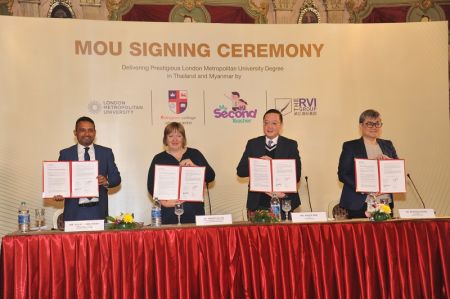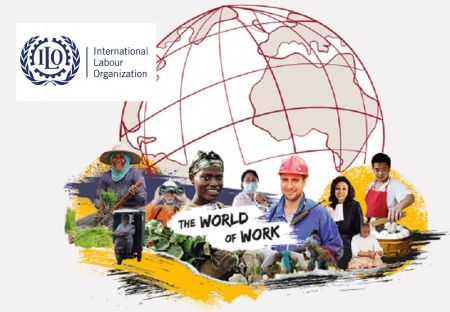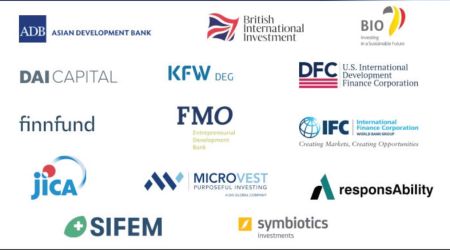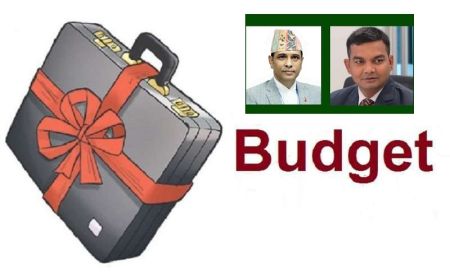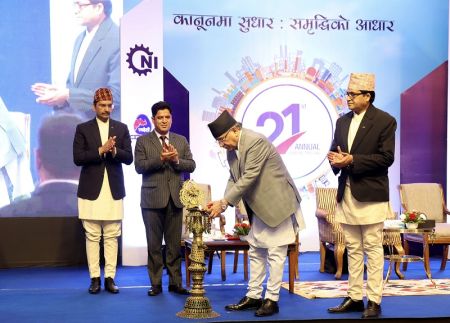November 30: The Norwegian Embassy in Nepal and UNICEF have entered into a partnership to improve the situation of children with functional limitations with the aim of strengthening inclusive education in Nepal.
Norwegian Ambassador to Nepal Lasse Bjørn Johannessen and Tomoo Hozumi, UNICEF Representative to Nepal, signed the partnership agreement amid a ceremony held in Kathmandu on Wednesday, November 28.
According to the agreement, the embassy will be providing 25 million Norwegian Kroner (nearly US$3 million) to UNICEF over the next three years.
The partnership will support the collection of national-level data on difficulties faced by children in performing certain activities, reads a joint statement issued by the embassy and UNICEF. The data will help identify children with functional limitations and compare the levels of their participation within their education, social and family life. It will also help in measuring to what extent children are socially included; and will be used for monitoring the situation of children with disabilities and thus support local, state and federal tiers of government’s planning for and implementation of inclusive education.
“Improving data on disability and the services provided to children with functional limitations is an urgent priority in Nepal. Knowledge and awareness raised on the situation faced by children with functional limitations will allow us to take concrete actions to address them, improving access to education and leading to a stronger, more inclusive and prosperous Nepal,” said Mr Johannessen
The Royal Norwegian Embassy-UNICEF partnership will be supporting UNICEF’s work in promoting inclusive education for children with disabilities through a variety of ways, including: using early detection methods and screening of children with disabilities and functional limitations; by providing teaching and learning materials; by providing gender and disable-friendly toilets; and ensuring teacher training and ongoing classroom support in schools. Support will also be provided to families and communities to ensure an enabling environment is being created to enhance the potential of children with functional limitations
“Children living with disabilities face huge barriers in reaching their full potential and often experience the worst forms of discrimination,” said Mr Hozumi. “By ensuring that education is inclusive, we can help to ensure that these children are provided with the necessary skills and knowledge to enable them to reach their full potential. Our vision is to build a world where every child can grow up healthy, protected from harm and educated, so they can reach their full potential. This partnership will help make this vision a reality.”


